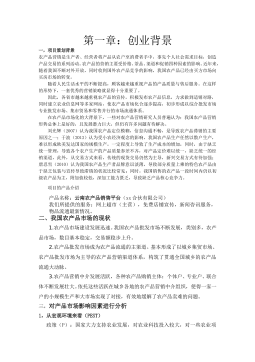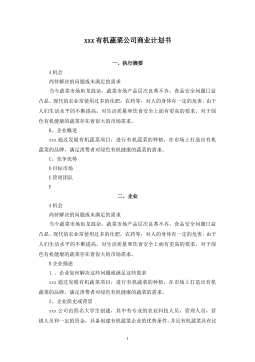我国医疗系统薪酬结构的博弈分析与制度设计
摘要我国目前有数量巨大的公立医疗单位,但从计划经济转向市场经济以来,我国政府还没有一套比较规范完善,适用于医疗系统的薪酬体系,相当数量的医院单位仍被旧的分配机制所约束。随着时代的发展,旧有的、国家统一的级别工资制己经不适用了。作为与生命直接相关的职业,我国医疗系统单位的员工面对的风险和责任都高于其他职业,其体力和脑力经常要处于高度紧张状态,且医疗单位技术人才的名气和业务影响到整个单位的经济效益,人才市场的稀缺性又决定了他们有较高的价值,但他们并没有得到更多的薪酬回报,付出与回报明显不合理。由于薪酬设计的不合理性,导致高级人才的外流和灰色收入的形成。要改变这种现状,可以借鉴国外的成功案例,结合我...
相关推荐
-
公务员思想政治教育研究VIP免费
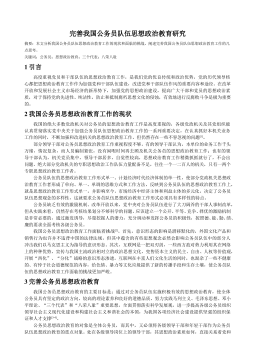
 2024-10-15 30
2024-10-15 30 -
在线社会网络中用户行为的实证分析与机制建模研究VIP免费
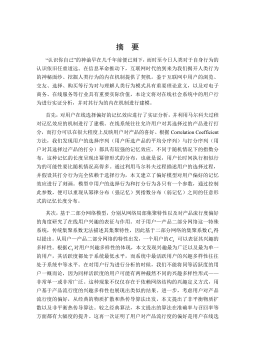
 2025-01-09 6
2025-01-09 6 -
智能优化方法对神经网络的改进及应用研究VIP免费
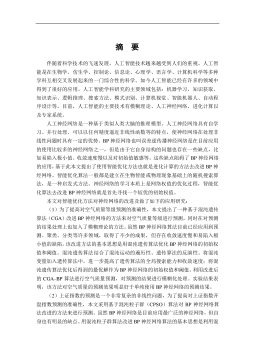
 2025-01-09 6
2025-01-09 6 -
鲜切哈密瓜保鲜技术研究VIP免费
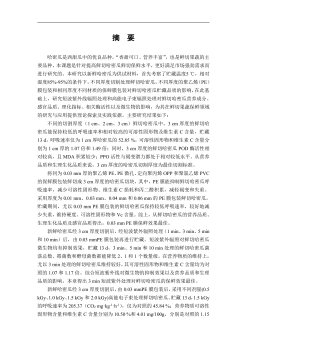
 2025-01-09 8
2025-01-09 8 -
小城镇道路网级配方法及应用研究VIP免费
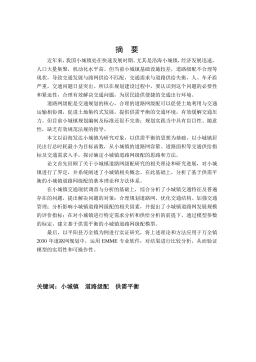
 2025-01-09 6
2025-01-09 6 -
医学信息集成测试系统的研究与实现VIP免费
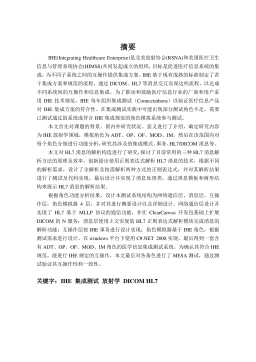
 2025-01-09 7
2025-01-09 7 -
余热驱动氨水吸收式制冷系统的理论及实验研究VIP免费
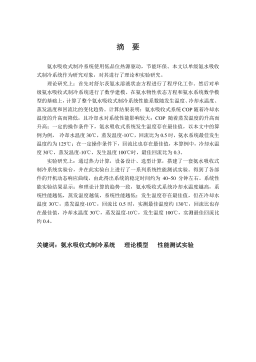
 2025-01-09 7
2025-01-09 7 -
喷雾降温技术适用性及热环境研究VIP免费
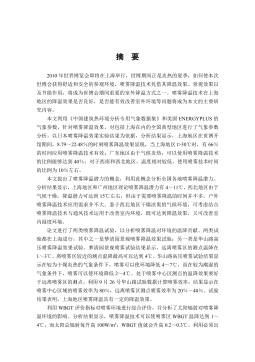
 2025-01-09 9
2025-01-09 9 -
收缩—扩张喷嘴的气泡雾化数值模拟VIP免费
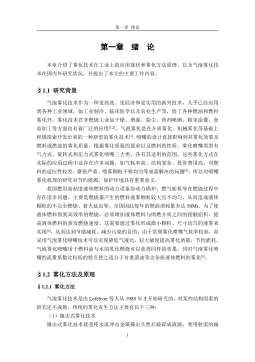
 2025-01-09 8
2025-01-09 8 -
支持供应链的工作流系统结构及其计划与调度的研究与应用VIP免费
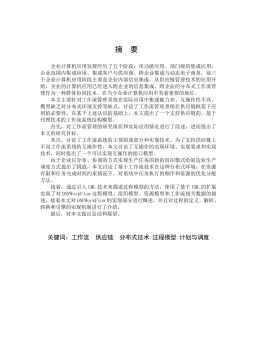
 2025-01-09 11
2025-01-09 11
相关内容
-

医学信息集成测试系统的研究与实现
分类:高等教育资料
时间:2025-01-09
标签:无
格式:PDF
价格:15 积分
-

余热驱动氨水吸收式制冷系统的理论及实验研究
分类:高等教育资料
时间:2025-01-09
标签:无
格式:PDF
价格:15 积分
-

喷雾降温技术适用性及热环境研究
分类:高等教育资料
时间:2025-01-09
标签:无
格式:PDF
价格:15 积分
-

收缩—扩张喷嘴的气泡雾化数值模拟
分类:高等教育资料
时间:2025-01-09
标签:无
格式:PDF
价格:15 积分
-

支持供应链的工作流系统结构及其计划与调度的研究与应用
分类:高等教育资料
时间:2025-01-09
标签:无
格式:PDF
价格:15 积分


